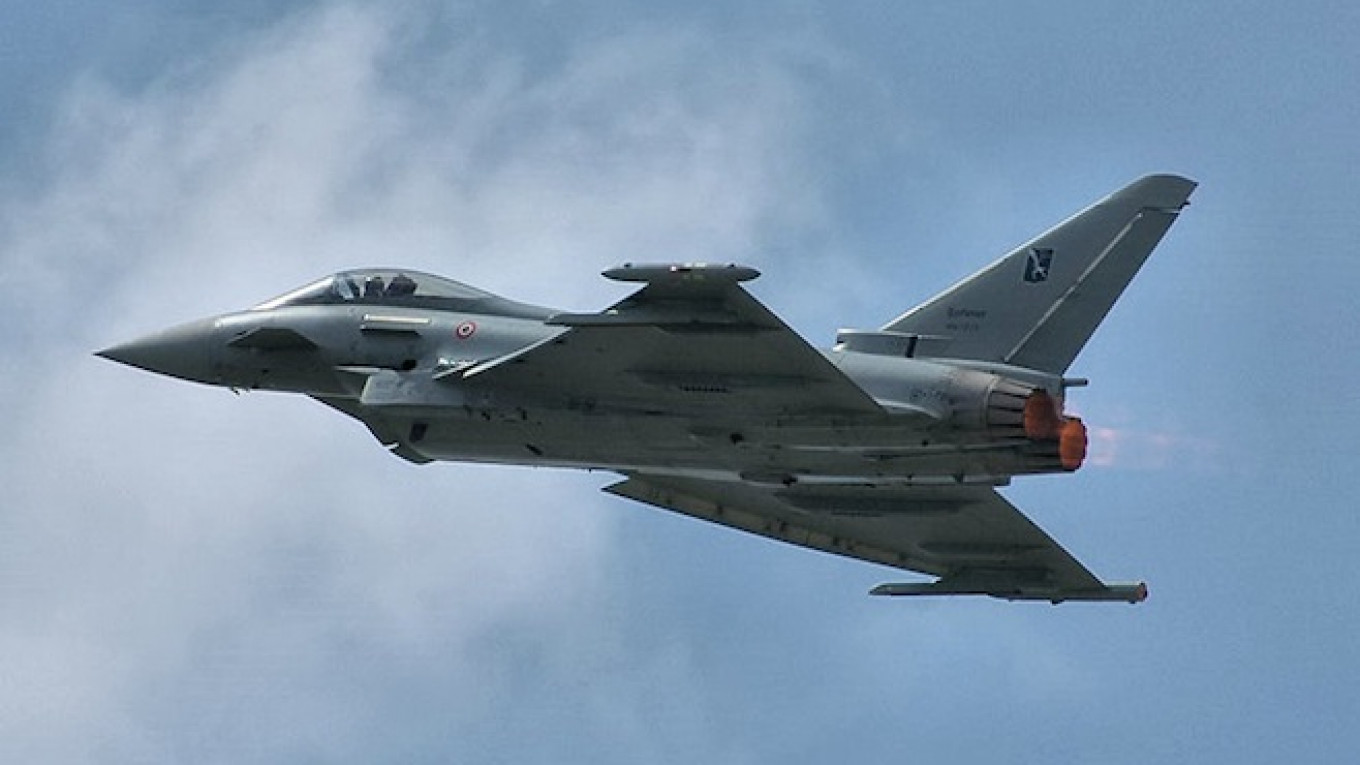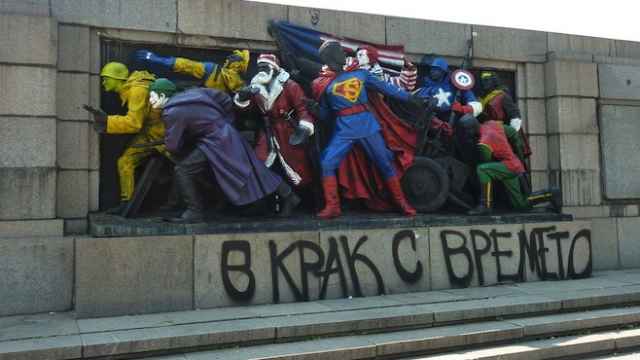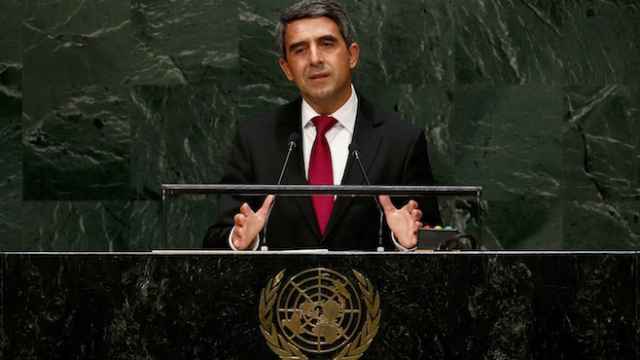Bulgaria on Wednesday rejected Russian accusations that it was betraying its former Soviet-era ally by considering replacing its aging Russian warplanes with ones built in the West.
In a Twitter post commenting on reports that Bulgaria was contemplating buying secondhand jets such as Eurofighters from Italy or F-16s from Portugal to replace its current fleet, Russian Deputy Prime Minister Dmitry Rogozin wrote:
"News from Bulgaria: a certain Shalamanov [Defense Minister Velizar Shalamanov] has convinced Prime Minister [Georgi] Bliznashki to once again betray Russia … in favor of second-hand eagles."
In response, Bulgarian Foreign Minister Danail Mitov issued a statement calling Rogozin's comments "extremely unworthy … contrary to good manners and [they] show, unfortunately, a lack of respect for Bulgarian institutions and the state."
He continued: "As for the implicit accusations of disloyalty, I would like to remind [the comments'] authors that the Republic of Bulgaria is a member of the EU and NATO and it does not owe explanations about its sovereign decisions to third parties."
Bulgaria shares linguistic, religious and cultural ties with Russia, was seen as Moscow's most pliable ally before the fall of the Berlin Wall and remains heavily dependent on Russian energy. But since it emerged from communism a quarter of a century ago, Bulgaria joined NATO in 2004 and the European Union in 2007.
Its conflicting loyalties have been tested by the ongoing standoff between the West and Russia over Ukraine.
It participated in NATO exercises after Russia's annexation of Crimea and reluctantly stopped working on a giant Russian-led gas pipeline project after pressure from the United States and Brussels.
It is not the first time Rogozin, who is subject to U.S. and European sanctions, has offended former eastern bloc countries.
In May he reacted to being barred from Romanian airspace by tweeting that he would return in a TU-160 bomber.
Bulgaria has been considering buying new jets for the past 15 years, but has not done so due to financial constraints.
A Message from The Moscow Times:
Dear readers,
We are facing unprecedented challenges. Russia's Prosecutor General's Office has designated The Moscow Times as an "undesirable" organization, criminalizing our work and putting our staff at risk of prosecution. This follows our earlier unjust labeling as a "foreign agent."
These actions are direct attempts to silence independent journalism in Russia. The authorities claim our work "discredits the decisions of the Russian leadership." We see things differently: we strive to provide accurate, unbiased reporting on Russia.
We, the journalists of The Moscow Times, refuse to be silenced. But to continue our work, we need your help.
Your support, no matter how small, makes a world of difference. If you can, please support us monthly starting from just $2. It's quick to set up, and every contribution makes a significant impact.
By supporting The Moscow Times, you're defending open, independent journalism in the face of repression. Thank you for standing with us.
Remind me later.






